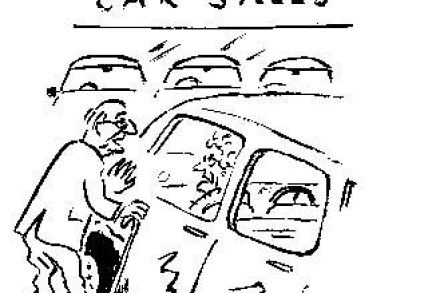Super Bill Sunday
So this is it. The long international nightmare (for anyone who follows American politics and wishes the conversation could move on to something, anything, other than health care) is finally coming to an end. It looks as though there will be a vote in the House on health care reform on Sunday. The process has been exhausting and damaged the President and Congress but, thanks be to god, it’s nearly over. One way or the other. Since Scott Brown’s victory in Massachusetts there’s been much talk (on both sides of the Atlantic – see this Simon Heffer column for instance) that the Obama presidency is all but over. Already. This











